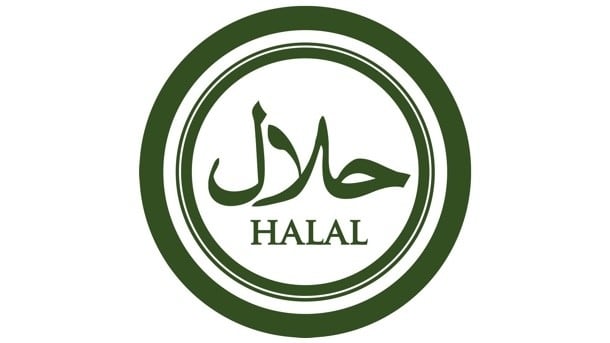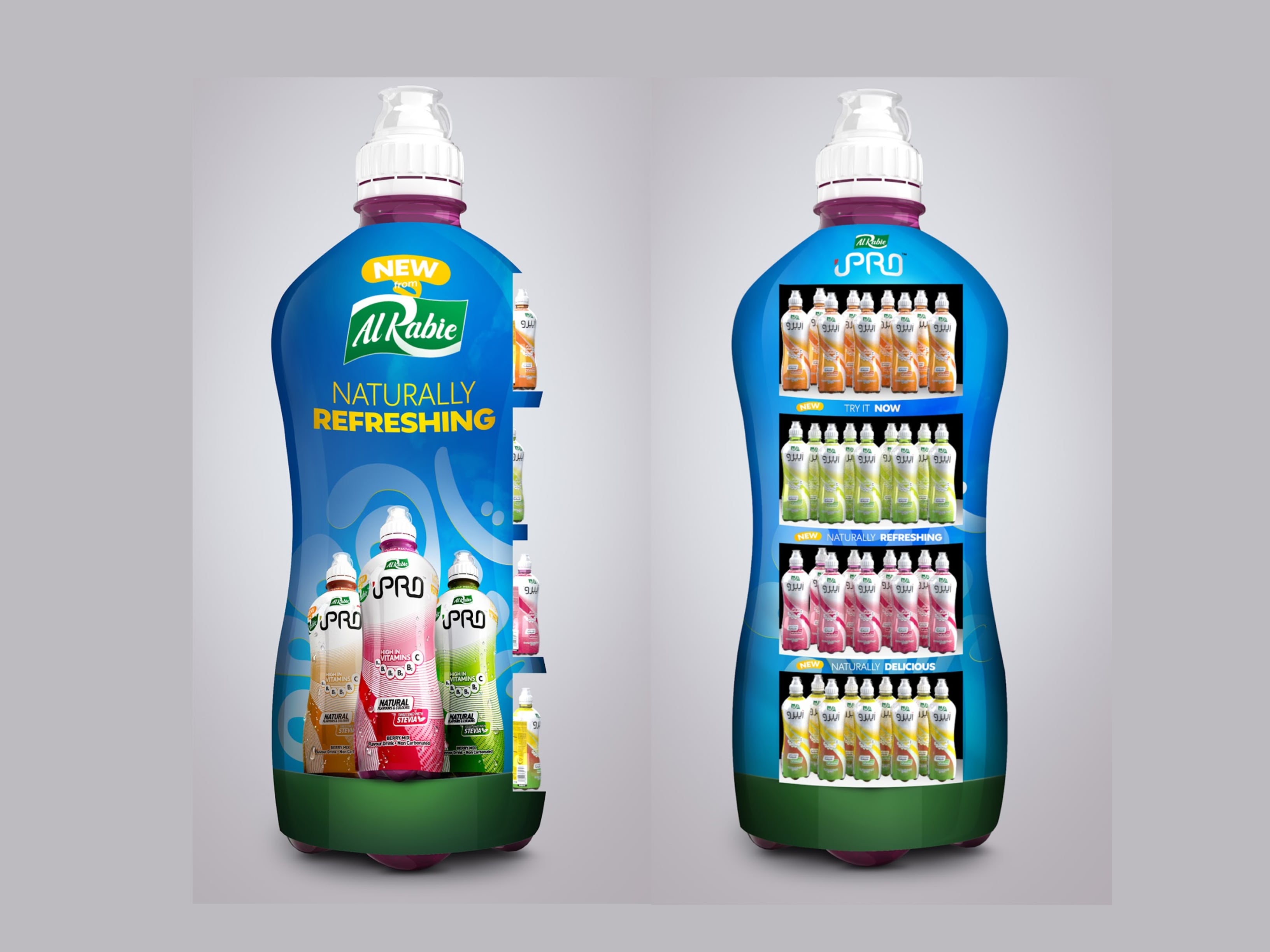Indonesia formally enforced regulations mandating all products being traded in the local market, including foods and beverages, to be halal-certified in October last year.
However, based on the results of spot-checks conducted jointly by BPJPH and the Indonesia Food and Drug Agency (BPOM), multiple confectionery products have been confirmed to contain pork or porcine content.
“Nine different types of processed food products were found to contain elements of pork/porcine content, which has been confirmed via DNA laboratory testing for porcine peptides,” BPJPH Head Ahmad Haikal Hasan said via an April 21 announcement.
“Concerningly, seven of these products have already been certified and labelled as halal – upon the discovery of pork in these items, BPJPH has already imposed the relevant sanctions and withdrawn these items from circulation.
“The remaining two products have also received strict warnings and the products removed from the process.
“Halal certification is the representation of halal standards as per the Halal Product Assurance System which must be implemented accurately so that the product is truly maintained as halal – this is not just an administrative mechanism but a mandatory regulation in Indonesia.”
Further information posted on the BPJPH Facebook page to reassure concerned consumers stressed that stern warnings and penalties were being levelled on the offending companies.
“We will not tolerate these offences and stern sanctions are being imposed – this is an important step to keep the public trust, especially that of Muslim consumers, as we know that the halalness of a product is not the matter of just a label but also one of faith.”
All nine offending products were from the confectionery category, mostly jellies and marshmallows imported from other markets such as the Philippines (two products) and China (six products), as well as a sole local offender PT Hakiki Donarta which sold food gelatin.
“BPJPH and BPOM appeal to the public to actively participate in the supervision and monitoring of products in the market, and to report any suspicious products in violation of regulatory requirements here,” BPJPH added.
Increasing halal certification
At the same time, the agency is also keen to increase halal certification in the country for Mico, Small and Medium Enterprises (MSMEs).
It recently announced that one million free halal certificate applications would be issued to businesses matching the required criteria under its Free Halal Certification (SEHATI) scheme this year,
“The one million free halal certificates is a form of support from the government to help local MSMEs obtain halal certification for their products,” Haikal Hassan added.
“The hope is that this will help local MSME products to be more competitive in the market, both domestically and globally.
“Under the SEHATI programme, the MSMEs will be able to get assistance from the 115,450 Halal Product Process Assistants in the country to conveniently complete their certification, and also not need to spend a single cent in the process of adding value to their products.
“The inclusion of MSMEs in halal certification is key for Indonesia to become the world’s halal centre.”
The one million certificates are being released to the public in several stages – 50,000 were released in March 2025, another 470,000 in April 2025, and the remaining quota will be announced later this year.





